Bristol IoT project turns whole city into research lab
Bristol Is Open project sees council use sensors to overcome urban challenges

Bristol has declared itself the UK's first “programmable city”, as it prepares to open up its data to tech companies, researchers and SMBs.
The city will effectively turned itself into one big research lab with Bristol Is Open, a project in which data derived from various Internet of Things (IoT) sensors will be used to create applications aimed at improving quality of life.
These IoT devices capture information on air quality, traffic movement, temperature, humidity and traffic signal patterns, and communication between these sensors will be hosted by CityOS, an operating system designed by the University of Bristol.
The university can crunch the data with its own £12 million supercomputer, BlueCrystal, before tech firms and other organisations create applications based on the data, once the project begins in March, after being approved by the council this week.
The innovations Bristol expects to see as a result of the project could help it become one of the UK’s first smart cities.
Smart metering has already been introduced, using energy data collected from buildings to cut energy usage by as much as 20 per cent.
Meanwhile, better air quality data could help Bristol City Council cut pollution.
Get the ITPro daily newsletter
Sign up today and you will receive a free copy of our Future Focus 2025 report - the leading guidance on AI, cybersecurity and other IT challenges as per 700+ senior executives
Professor Nishan Canagarajah, pro vice-chancellor for research at the university, said: “It is great news the city’s cabinet has approved the project. This unique partnership between the university and the council will enable Bristol to be one of the UK’s most technologically advanced cities.
“This is a ground-breaking project that could benefit how people live in a modern city.”
Current schemes designed to tackle issues in cross-network communications, as well as healthcare issues, should benefit from the project, while the city’s planetarium will be used as a hub to display weather patterns and astronomical imagery.
Organisations will also be able to use an open, city-wide software-defined network to provide telecommunications networks on demand, according to Paul Wilson, MD of Bristol Is Open.
The city is using the government-funded IoT standard, HyperCat, to allow the devices to speak to one another.
The initiative, announced last summer, has also been adopted by Milton Keynes Council and is a framework designed to overcome IoT silos created by companies building connected-devices to their own, independent standards.
The Greater London Authority (GLA) has added a HyperCat “wrapper” to the London Datastore, its open source project, to publish councils' public datasets, and the project is backed by many UK firms including BT.
-
 Asus ZenScreen Fold OLED MQ17QH review
Asus ZenScreen Fold OLED MQ17QH reviewReviews A stunning foldable 17.3in OLED display – but it's too expensive to be anything more than a thrilling tech demo
By Sasha Muller
-
 How the UK MoJ achieved secure networks for prisons and offices with Palo Alto Networks
How the UK MoJ achieved secure networks for prisons and offices with Palo Alto NetworksCase study Adopting zero trust is a necessity when your own users are trying to launch cyber attacks
By Rory Bathgate
-
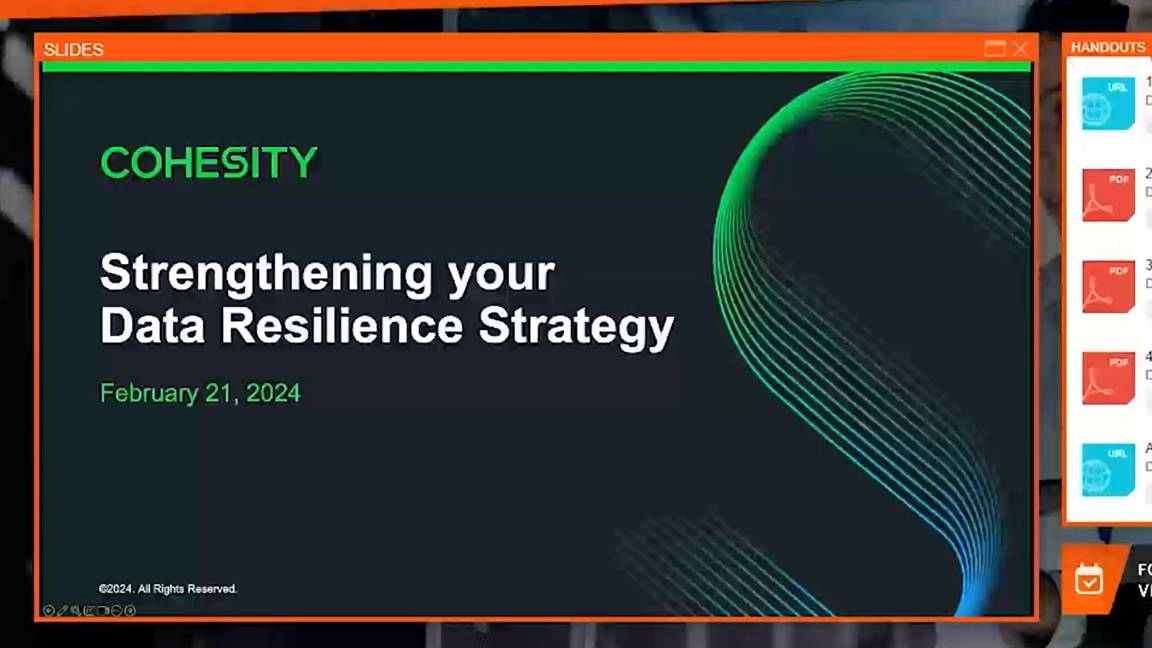 Strengthening your data resilience strategy
Strengthening your data resilience strategywebinar Safeguard your digital assets
By ITPro
-
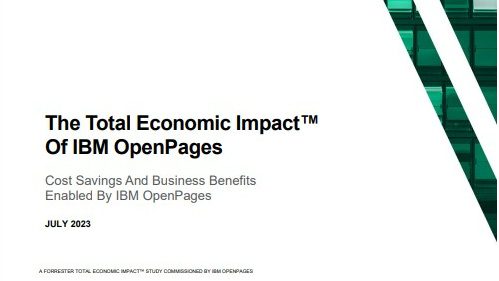 Forrester: The Total Economic Impact™ Of IBM OpenPages
Forrester: The Total Economic Impact™ Of IBM OpenPageswhitepaper Cost savings and business benefits enabled by IBM OpenPages
By ITPro
-
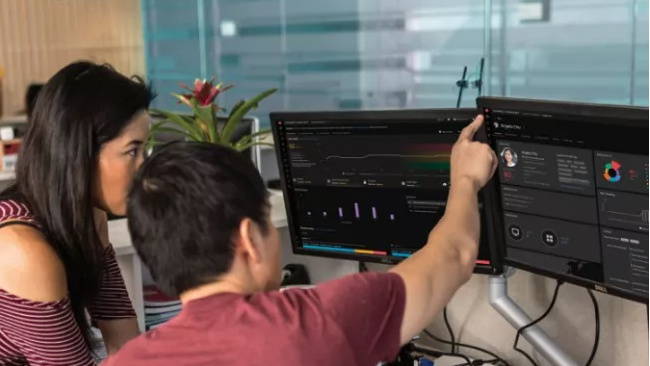 More than a number: Your risk score explained
More than a number: Your risk score explainedWhitepaper Understanding risk score calculations
By ITPro
-
 What is small data and why is it important?
What is small data and why is it important?In-depth Amid a deepening ocean of corporate information and business intelligence, it’s important to keep things manageable with small data
By Steve Cassidy
-
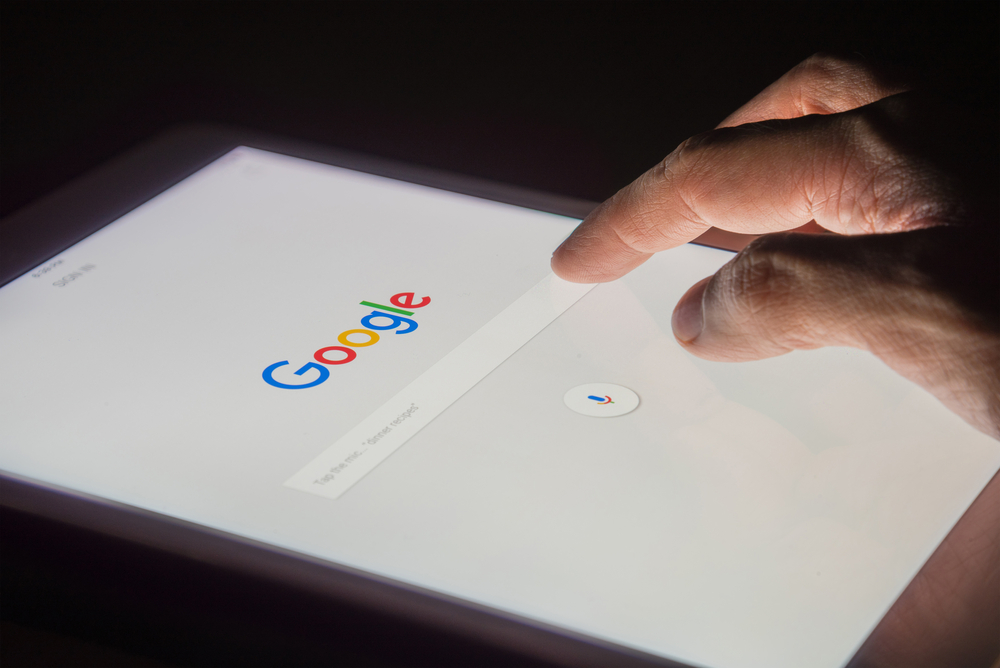 Google Ad Manager knocked offline for more than three hours
Google Ad Manager knocked offline for more than three hoursNews The incident prevented publishers from automatically exchanging their ad inventories, potentially causing big losses for those affected
By Rory Bathgate
-
 What is cloud analytics?
What is cloud analytics?In-depth Cloud analytics offer businesses cost-effective ways to organise, analyse, and understand data for a variety of business use cases
By Christian Rigg
-
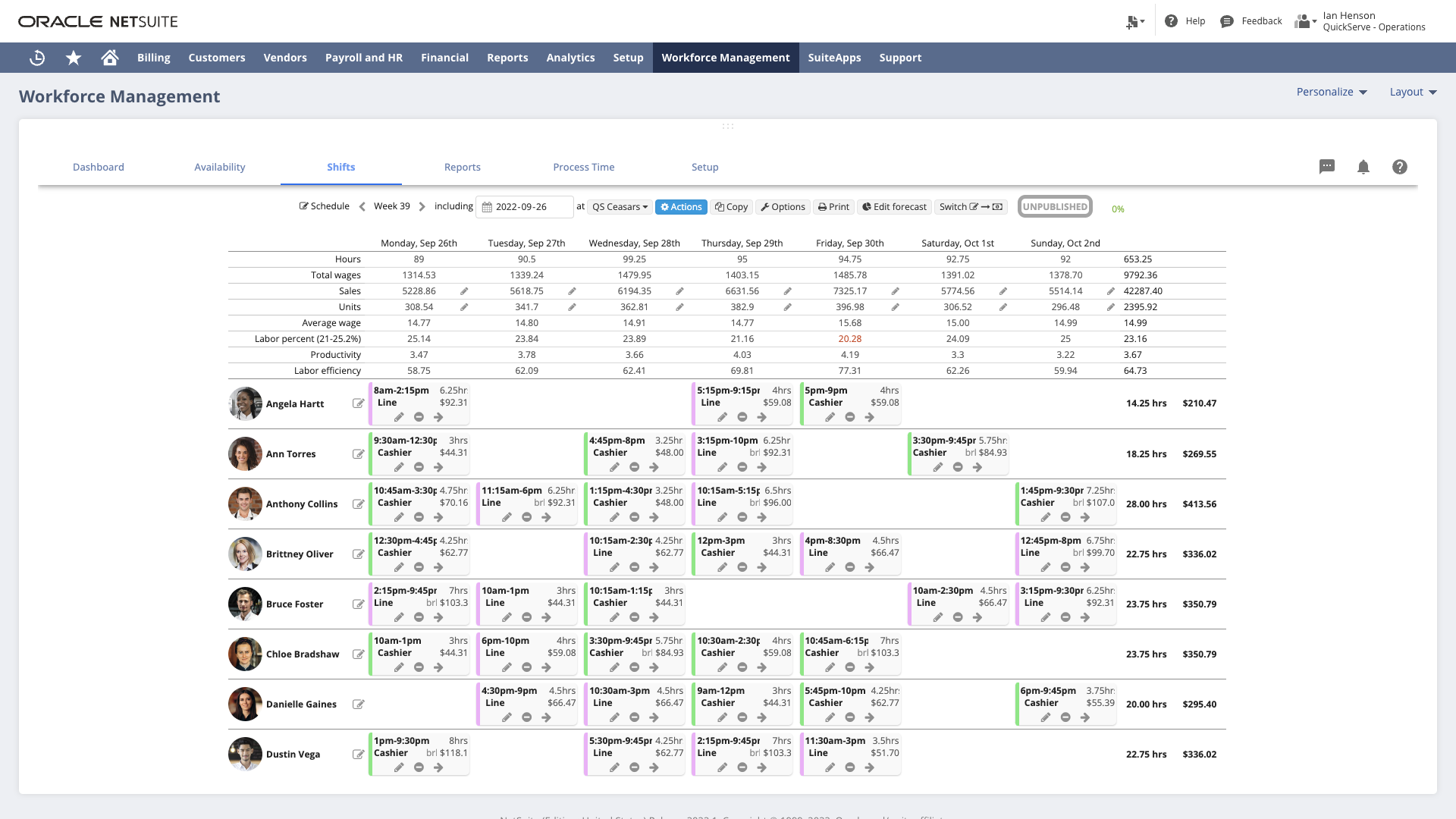 NetSuite launches SuitePeople tools for automating schedules and tracking attendance
NetSuite launches SuitePeople tools for automating schedules and tracking attendanceNews SuitePeople Workforce Management aims to give companies greater oversight and control of their workforces, as well as live metrics
By Rory Bathgate
-
 Talking to a business should feel like messaging a friend
Talking to a business should feel like messaging a friendWhitepaper Managing customer conversations at scale with the WhatsApp Business Platform
By ITPro